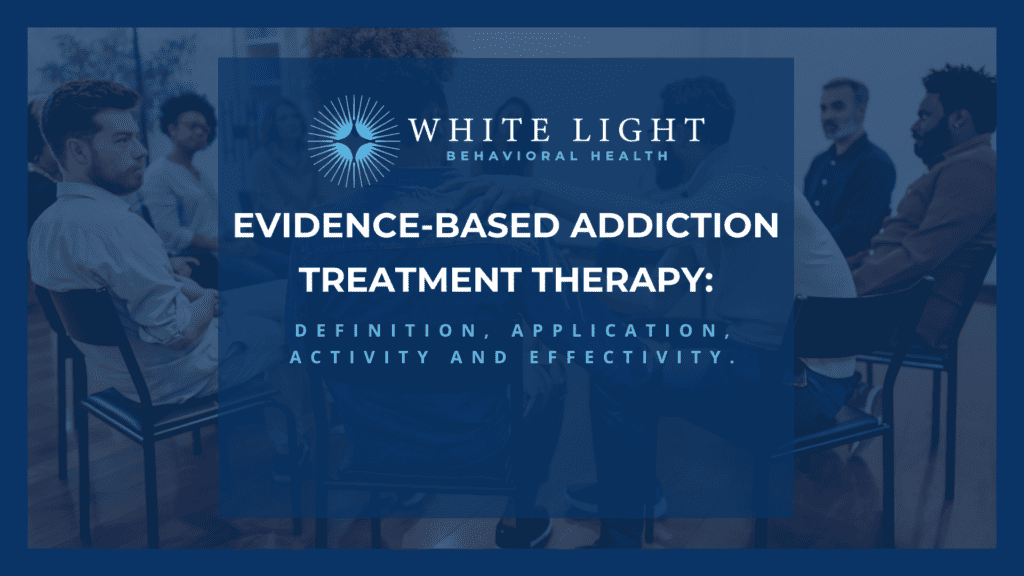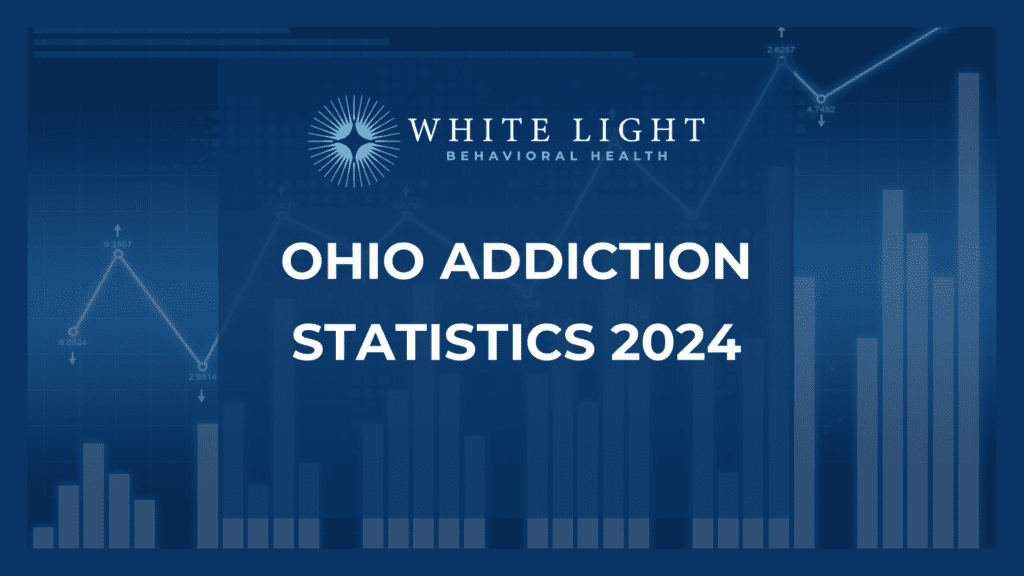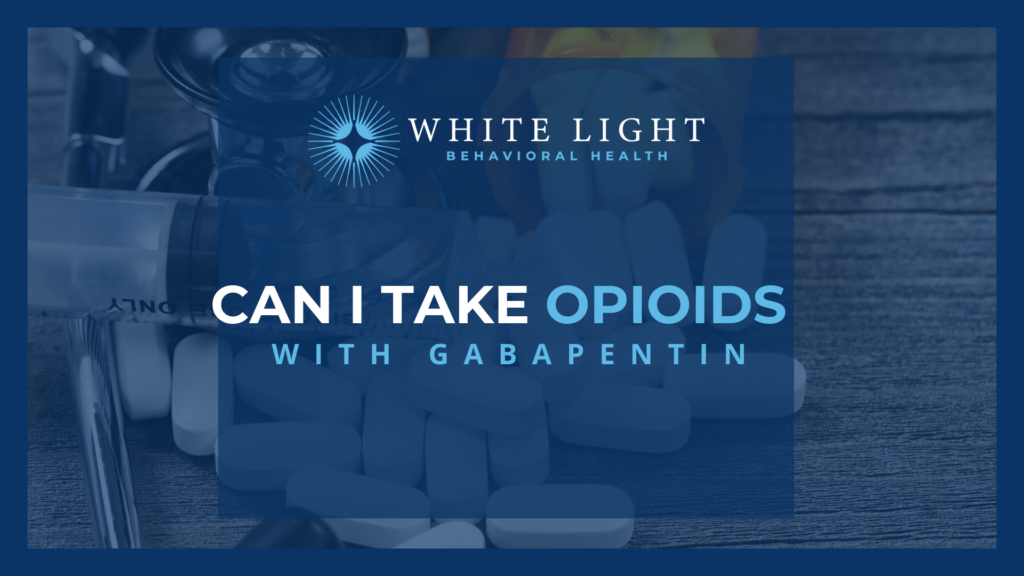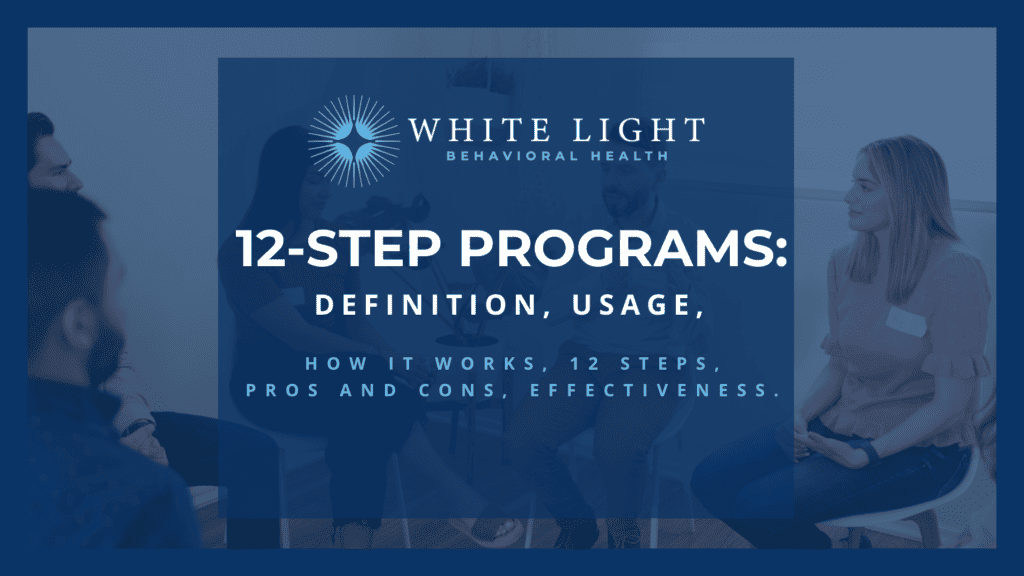Evidence-Based Addiction Treatment Therapy Program in Ohio
What Is Evidence-Based Addiction Treatment?
Evidence-based addiction treatment is any treatment that is effective and based on scientific studies. There are many evidence-based addiction treatments, and not all will work for everyone. Consequently, it’s essential to work with certified professionals to find the right program for you or your loved one.
Popular evidence-based addiction treatment therapies include:
Cognitive Behavioral Therapy
Contingency Management
Motivational Interviewing
12-Step Programs
Medication-Assisted Treatment
Benefits of Evidence-Based Treatment
It’s Effective
It’s Based on Science
It’s Individualized
It’s Flexible
It’s Accessible
It’s Confidential
It Works
It’s Worth the Work
When Should You Seek Evidence-Based Treatment?
You’re Using More Than You Did Before
You Can’t Quit
You’re Losing Interest in Other Activities
You’re Isolating Yourself
You’re Missing Work or School
You’re Experiencing Financial Problems
You’re Having Relationship Problems
You’re Experiencing Legal Problems
You’re Experiencing Health Problems
You Want to Change
Best Place to Start Evidence-Based Addiction Treatment Therapy Program
Individualized Approach
No two addiction cases are exactly alike. As a result, the professionals at rehab centers tailor their approach so that each client gets the treatment he or she needs.
Multidisciplinary Team
Know the Underlying Causes of Addiction
Benefit From a Holistic Approach
Benefit From a Track Record of Success
Benefit From the Latest Research
Access a Wide Range of Treatment Services
Interact in a Supportive and Caring Environment
What to Expect During and After Evidence-Based Treatment
How to Maintain Sobriety After Completing a Therapy Program
Participate in Sober Activities
Find a Mentor
Avoid High-Risk Situations
Practice Healthy Coping Skills
Take Medications as Prescribed
Get Enough Sleep
Eat a Healthy Diet
Seek Professional Help If You Feel Like You’re Relapsing
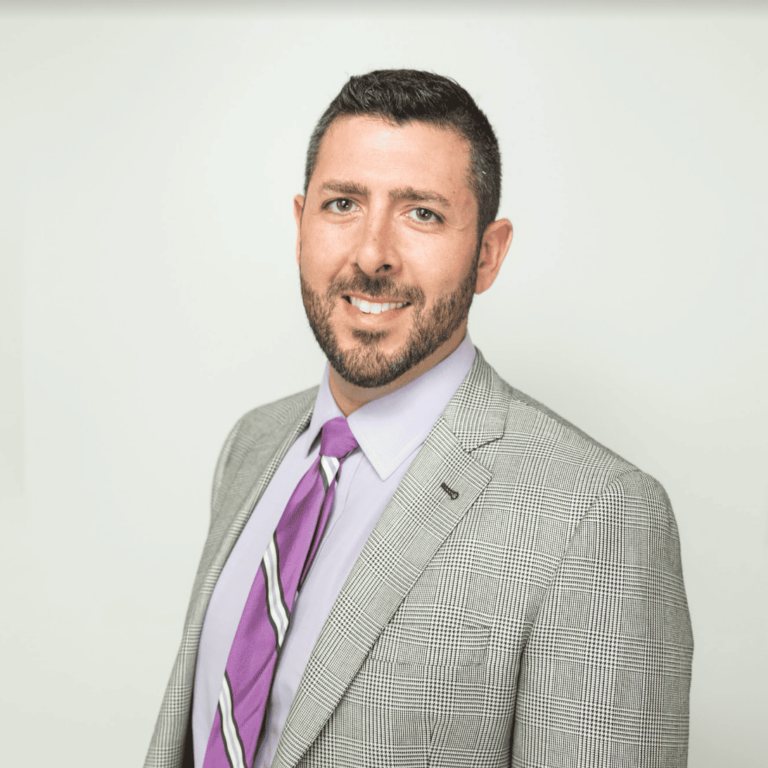
Share This Post
